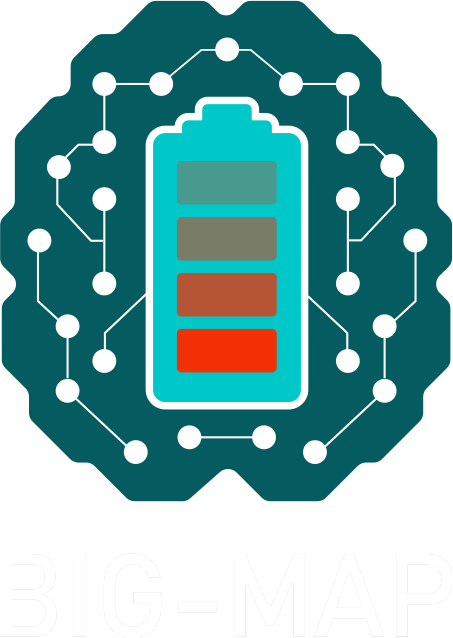datalab¶
This repository contains the code for a data management system that consists of two main components:
- a Flask-based Python web server (
pydatalab) that communicates with a MongoDB database backend and can perform simple analysis and ETL of particular data types, - a Vue 3 web application for a GUI that can be used to record information on samples alongside raw data files and analysis documents.
The system was developed for and is currently deployed for the Grey Group in the Department of Chemistry at the University of Cambridge.
Features¶
Server¶
- A REST API for accessing data and analysis related to chemical samples, inventory and their connections.
- OAuth2-based user authentication via GitHub or ORCID and simple user role management.
- Real-time data streaming and syncing with remote data sources (e.g., instrumentation, archives and file stores).
UI¶
- A simple, intuitive UI for recording sample metadata and relationships with other samples (batches, offshoots), alongside synthesis parameters and raw data.
- Basic analysis and plotting of live and archived data attached to a sample, e.g., characterisation via XRD or NMR, electrochemical cycling data and images -- see Blocks for a complete list.
- Interactive network visualisation of the connections between samples and inventory.
Development status¶
The software is still an alpha work-in-progress and the API, data models and UI may change significantly between versions.
Installation¶
Installation, usage and deployment instructions can be found in INSTALL.md and in the online documentation.
License¶
This software is released under the conditions of the MIT license. Please see LICENSE for the full text of the license.
Contributions¶
This software was primarily developed by:
- Joshua Bocarsly (Department of Chemistry, University of Cambridge)
- Matthew Evans (MODL-IMCN, UCLouvain & Matgenix)
with contributions and testing performed by other members of the Grey Group.
Funding¶
This project has received funding from the European Union's Horizon 2020 research and innovation programme under grant agreement 957189 (DOI: 10.3030/957189), the Battery Interface Genome - Materials Acceleration Platform (BIG-MAP), as an external stakeholder project.



